Women in the circular economy
The first discussion, Women in the Circular Economy, was chaired by Claire Nicoll, director of Work Best and Women in Sustainability.
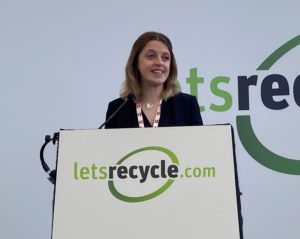
Ms Nicoll explained how a lot of women don’t see themselves as working in “waste” as the forefront of the industry is predominantly male, however, they do see themselves working in the “circular economy”.
Questioning whether there was a way to position the framework of the sector to make it more inviting for women, she turned to the first speaker of the session, Amy Bloom, who is assistant technical plant engineer at Suez.
Ms Bloom emphasised her passion for encouraging diversity in the waste industry, and reiterated Ms Nicoll’s point that rebranding the sector to make it more inviting is a “really powerful encouragement tool”.
Transition post covid
Next, speakers discussed how the pandemic has changed the workplace, noting how flexible working has helped to combat gender inequality at work.
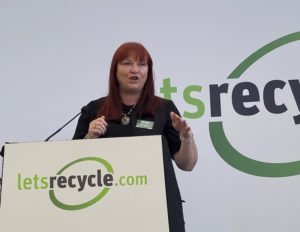
Alice Gibbs, senior environmental consultation at the RPS Group noted small features, such as being able to “raise your hand” in online meetings, helps to generate confidence in women starting out in the sector, as it allows an avenue to speak up in discussions.
Vicki Hughes, group business development director at Enva, added how flexible working has made life easier for both women and men with children, as it allows them to fit around childcare.
Ms Hughes also noted that flexible working is just another milestone to show how far the industry has come.
She said: “When I first started in this industry, I walked into a board room and the chairman asked me to make tea and take minutes. I was so confused, but I realised later that I had been the only woman ever to walk into that room who wasn’t there to take notes or make tea.
“My team now is made up mostly of women and we shouldn’t have to justify that. They are there for their skills, they are there because they are great at their jobs.”
Women leaders
“There is such a range of careers for women in the waste industry.”
- Simone Aplin, Anthesis
A panel discussion in the session was chaired by managing director at Comply Direct and Women’s Recycling Alliance, Sarah Foster.
Speaking on the panel, was technical director at Anthesis, Simone Aplin, and sustainability and social value lead at Suez, Sarah Ottaway, who both discussed how best to pave the way for other women to flourish in the industry.
Ms Aplin said: “When I started my first job in the sector, working at a landfill, people thought I was some hairy tree-hugger. And people don’t typically know what working in waste entails. But I’ve done loads in my career. I‘ve done things on the frontline, I’ve done things for the government, and for our investors.
“There is such a range of careers for women in the waste industry. You can be an engineer, an environmental lawyer, a regulator, an operator. And so, to encourage women into the sector, we need to make them aware of the range, as there really is something for everyone.”
‘Imposter syndrome’
Off the back of this, Ms Ottaway emphasised the need for women in the industry to be confident in their ability.
She said: “I won a prize at the letsrecycle’s 35 under 35 awards, and I had a wave of imposter syndrome. I was expecting someone to walk in the door and ask me what I was doing there. But I realised that I actually really wanted to combat that feeling.
“There is a danger of us undermining our skills because really, we know far more than we give ourselves credit for. We need to stand up for our expertise in the sector. We have come really far. An event like this never would have happened 14 years ago and we should be proud.”
Overall, the future, and the opportunities for women in the waste industry look bright. The sector has come far, and the women leaders of the industry are sure to pave the way in continuing to break down any remaining barriers.





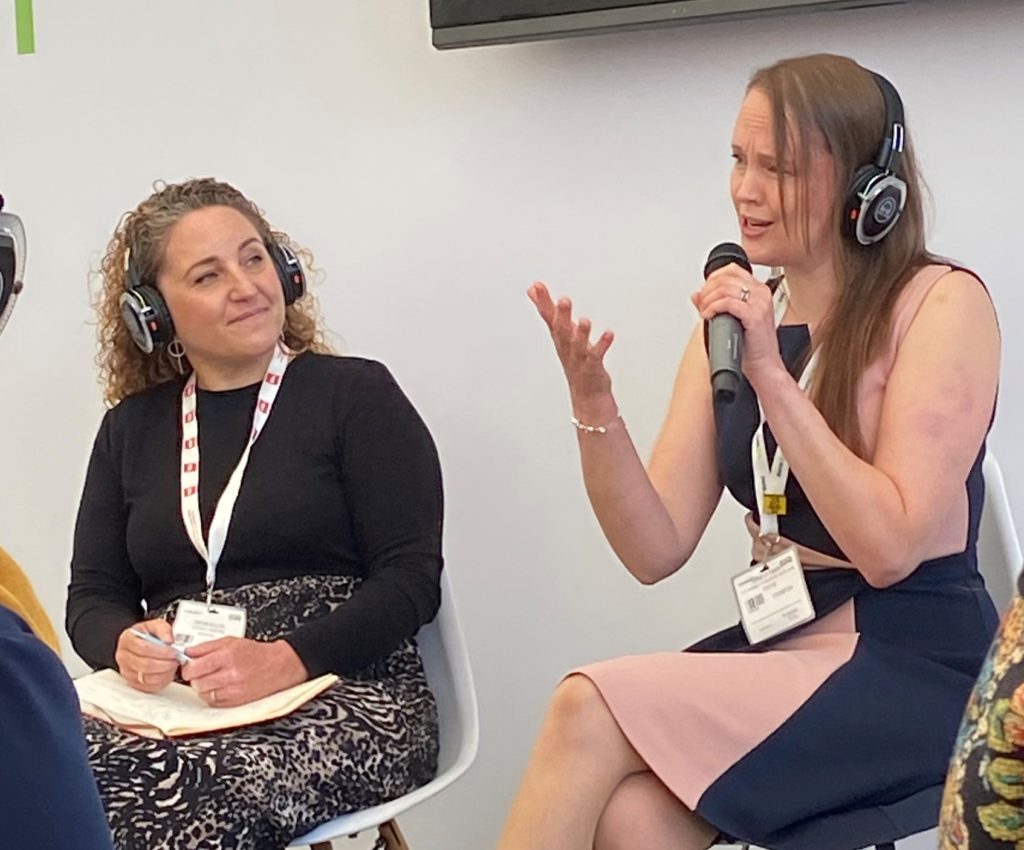



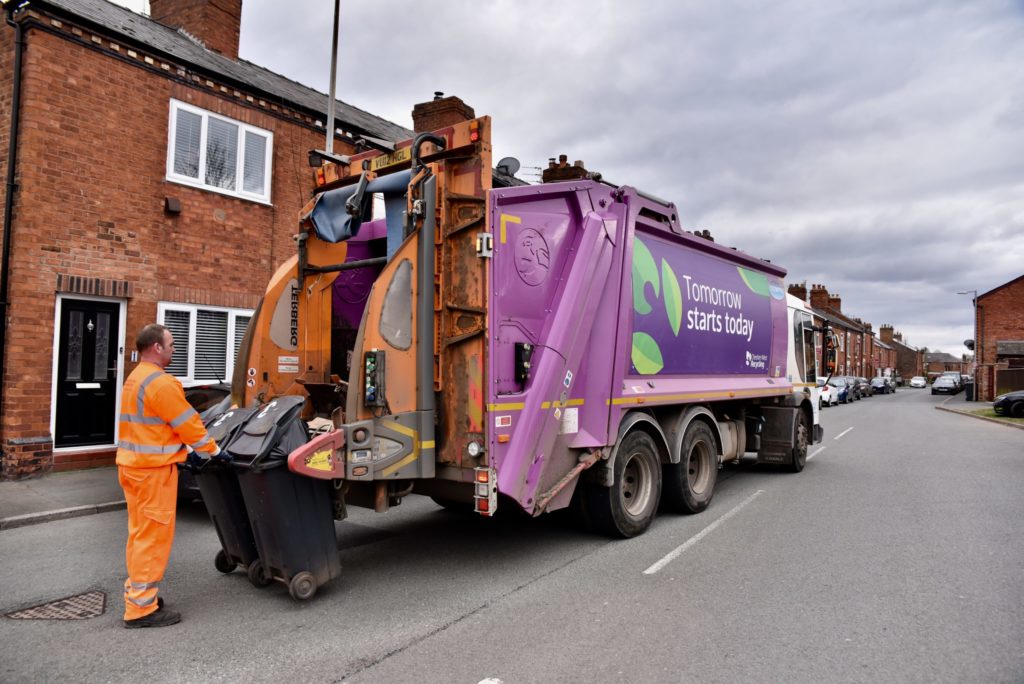
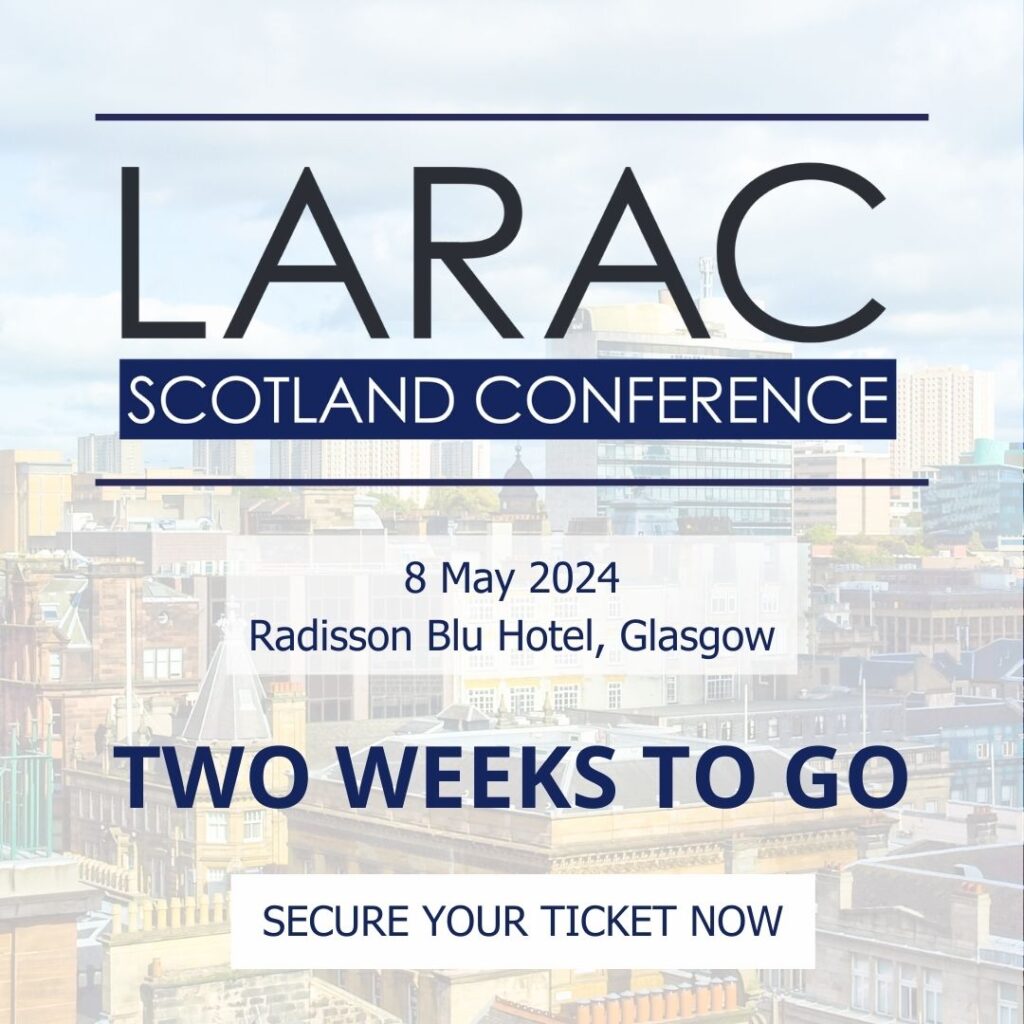

Subscribe for free